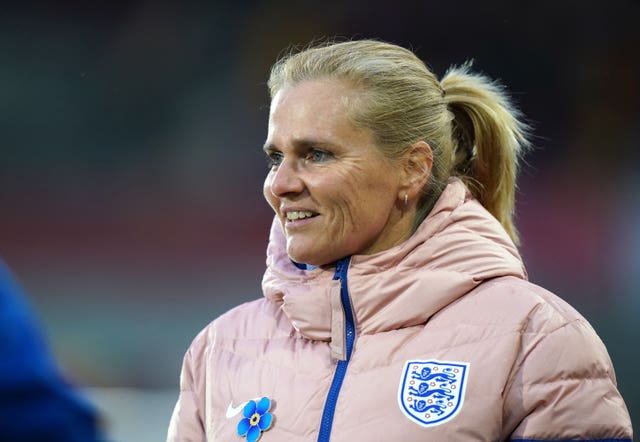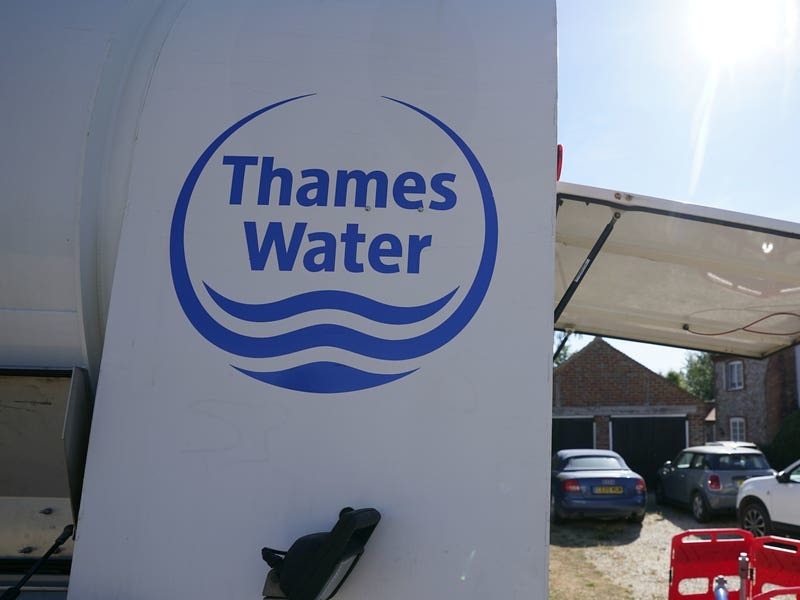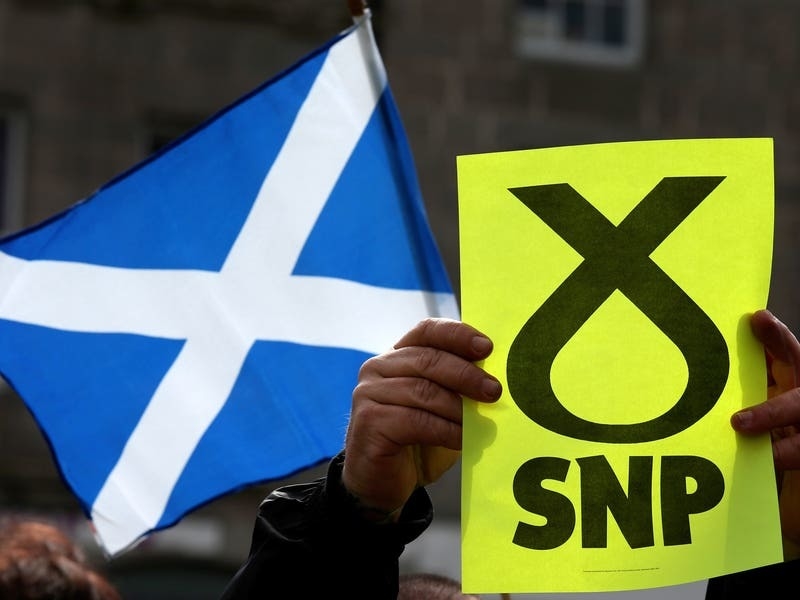England and Scotland will meet in the inaugural UEFA Women’s Nations League.
The nations last met at the 2019 World Cup in France when goals from Nikita Parris and Ellen White gave England a 2-1 victory, with Claire Emslie replying for Scotland.
The Nations League draw in Nyon saw Netherlands and Belgium join European champions England and Scotland in League A1.

On being drawn alongside Scotland, she said on the England website: “I have heard about the rivalry between England and Scotland. I’m expecting a good rivalry as lots of their players play in the Women’s Super League so will know our players.”
Wales were drawn in League A3 alongside Germany – ranked second in the world – Denmark and Iceland.
Wales manager Gemma Grainger said: “I’m pleased to have this opposition and we know they are going to be competitive fixtures.
“We’ve played two of those teams (Denmark and Iceland) since I’ve been here so it’s great to have that reference point.
? The 2023/24 #UWNL League stage draw is complete.
Here’s how the groups look ⤵️
— UEFA Women’s Nations League (@WEURO) May 2, 2023
“Germany are European Championship finalists with such a great history and we haven’t played them since 2008.
“They are the highest ranked team in the group and them coming to Cardiff is an exciting fixture for us.”
Northern Ireland and the Republic of Ireland were paired in League B1 with Hungary and Albania.
Republic manager Vera Pauw said: “Now that we know our opponents for the UEFA Women’s Nations League, we can start planning accordingly.
“We are the top-seeded team in League B but we cannot take anything for granted if we are to achieve our aim of topping our group and qualifying into League A.
⚽️ This is how our first ever #UWNL group looks ? #GAWA @WEURO pic.twitter.com/LDsHnD5H10
— Northern Ireland (@NorthernIreland) May 2, 2023
“But our priority for the next few months will, understandably, be on preparing for FIFA Women’s World Cup 2023.”
The competition will be played in a similar format to the men’s Nations League with the 51 competing nations divided into two leagues of 16 and one of 19.
The four League A winners will progress to the finals, which will also act as Europe’s 2024 Olympic qualifiers.
There will also be promotion and relegation between the leagues ahead of the start of qualifying matches for the 2025 European Championship.
Games across all three leagues will be played in September, October and November with the finals held in February 2024.






